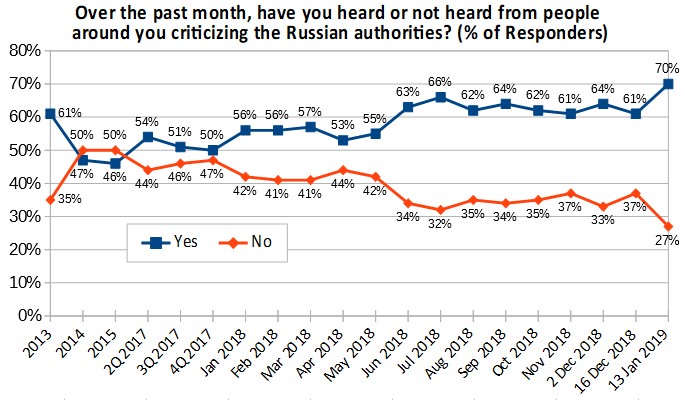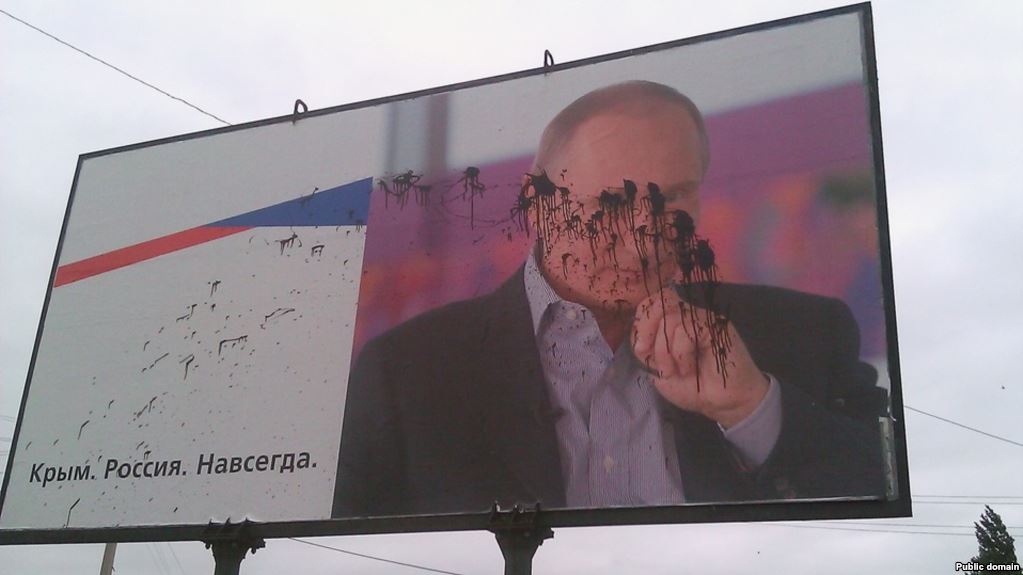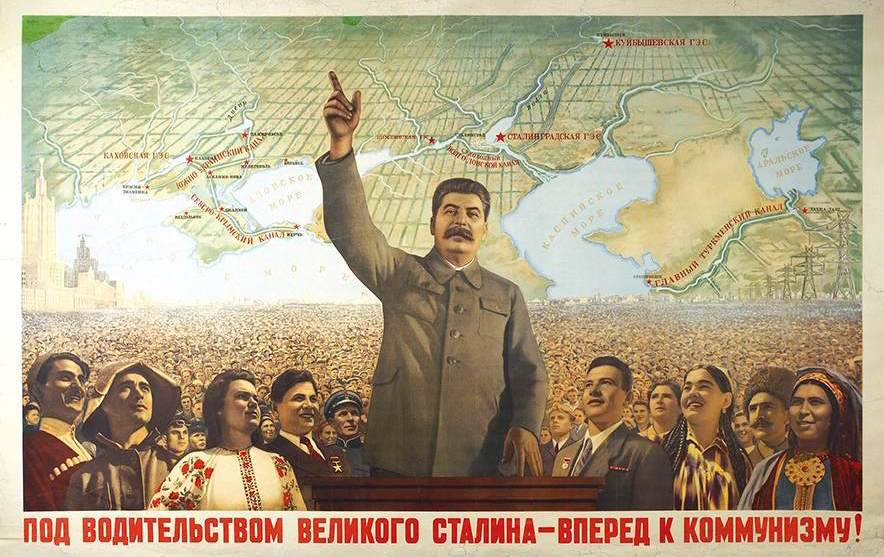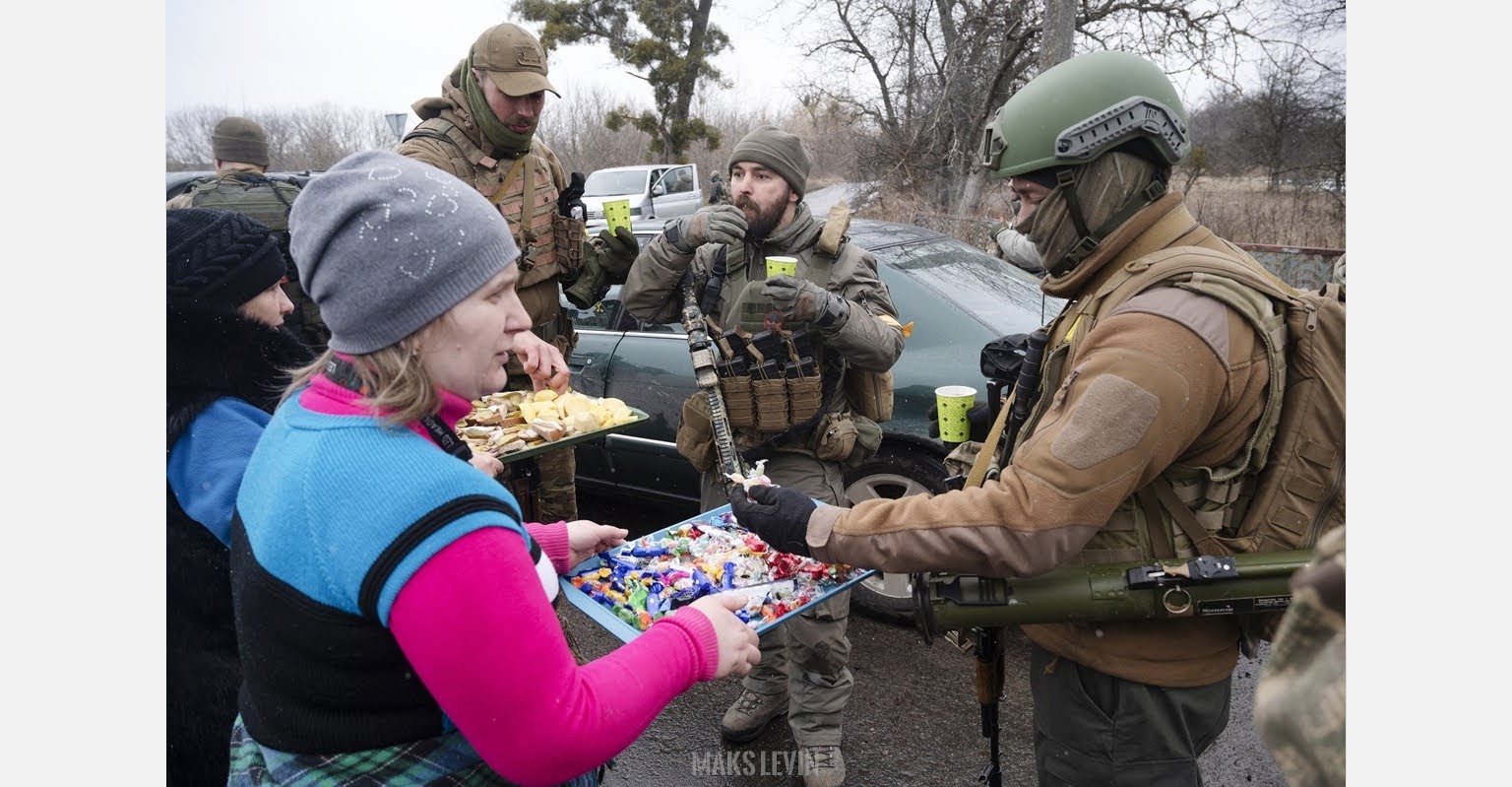Five articles over the last several days call attention to what is already the biggest crisis Vladimir Putin has faced during his almost 20 years in power: the collapse in public trust in Putin personally with Russians blaming him and not just lower-level officials for their problems.
- A commentary on the Nakanune news portal says bluntly that the Russian people and the Russian elites are tired of Putin and thus prepared to be ever more critical of his performance.
- An overview of the new polls in Politsovet states that popular dissatisfaction with the authorities has reached a six-year maximum.
- Vedomosti says that unlike in the past, Putin is no longer exempt from the anger Russians feel at the government and officials in general.
- A New Times commentary points out that even pollsters historically close to the Kremlin are saying openly that there has been a collapse in Putin’s standing with Russians.
- And an analysis in Nezavisimaya gazeta says that there are no obvious reasons why the ratings of the government or of Putin should recover and go up anytime soon.
Such a drumbeat of negative stories is the most unprecedented aspect of the current system. There have been times in the past when this or that writer or pollster has had negative things to say about Putin, but now there is a chorus – and it both comes across the political spectrum and involves not just mass publics but the elites as well.

Putin may ignore these signs that he is in trouble. He may even succeed for some time. But those around him will have even more reasons to assume that the transition to a post-Putin future could occur faster and in a more radical way than anyone had thought possible only a few weeks ago.
If that happens, Putin and his regime will be weakened, if not fatally then at least to the point that members of the elite may begin to coalesce around others even as an increasingly alienated population will take the most important step toward a post-Putin future: imagining that it could happen despite all the resources the Kremlin leader has at his disposal.
Read More:
- Ever more Russians want to go ‘back to the USSR’ but ever fewer Ukrainians do
- Russians will celebrate return of Crimea to Ukraine if Putin tells them to, Portnikov says
- Only 3% of Russians say they believe Moscow poisoned Skripal
- Ukrainian suggestion that Russia should be called Muscovy infuriates Russians
- Russians persecuting ethnic Ukrainians and other ethnic groups, leading rights groups say
- Why Ukrainians keep voting for the wrong people
- 68% of Ukrainians want pro-European reforms even without EU membership prospects
- Ukrainians prefer comedian to current president and other insights from pre-election polls
- ‘Overwhelming majority’ of urban Ukrainians patriotic, poll finds
- What Ukrainians really think: 10 key insights from Ukraine’s 2017 opinion polls





